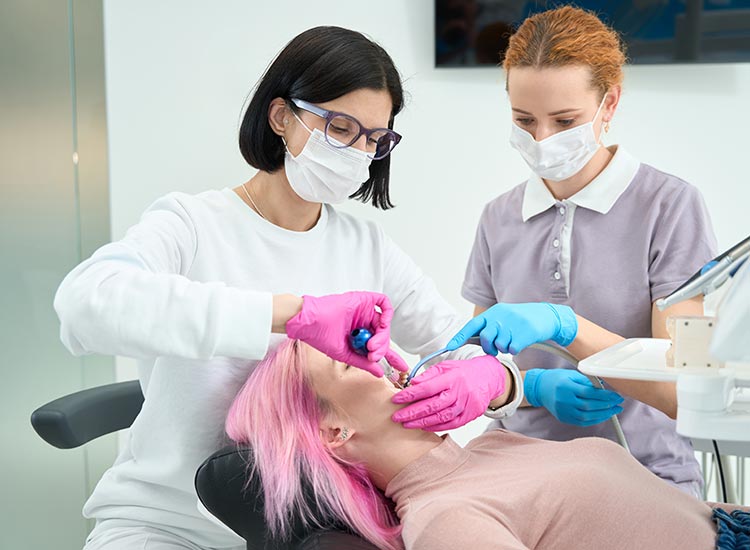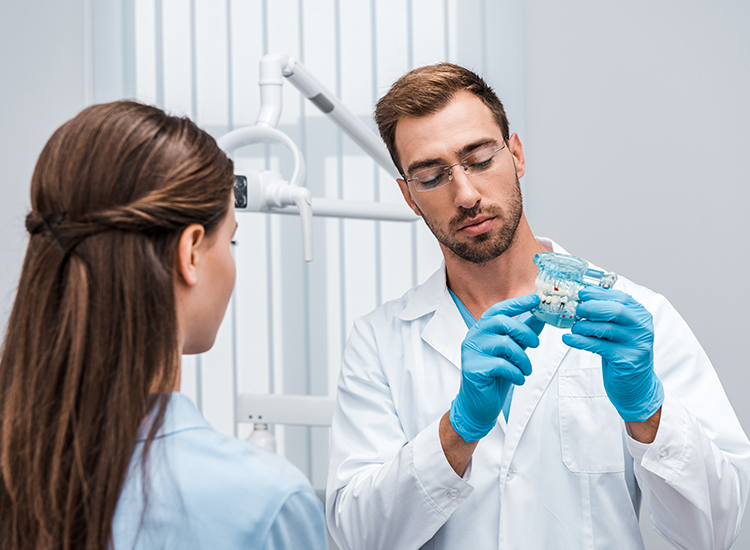What does prophylactic mean in dentistry?
Prophylactic in dentistry refers to preventive treatments aimed at maintaining oral health and preventing dental issues like cavities and gum disease.
Key Points to Consider
-
Prophylactic treatments are focused on prevention rather than treatment of active disease.
-
Regular dental cleanings are a common form of prophylactic care.
-
Fluoride treatments and sealants are examples of additional preventive measures.
-
Prophylactic care can reduce the risk of more serious dental procedures later.
-
Consistent preventive visits promote long-term oral health and early detection of problems.
Why Prophylactic Care is Important in Dentistry
Preventing Problems Before They Start
Prophylactic care focuses on keeping the mouth healthy and preventing problems such as cavities, gum disease, and enamel wear. Regular professional cleanings remove plaque and tartar that brushing alone can’t handle. This proactive approach saves patients from painful and costly treatments down the line.
In some cases, patients who maintain regular prophylactic appointments can avoid restorative procedures like fillings, crowns, or root canals altogether. Dentists may also recommend additional preventive steps like fluoride treatments or dental sealants depending on individual needs. Overall, early and consistent care is essential for lifelong oral health.

Types of Prophylactic Treatments in Dentistry
Common Preventive Services
The most common prophylactic treatments include professional cleanings, fluoride applications, and sealant placement. Cleanings involve removing hardened plaque (calculus) and polishing the teeth to minimize bacterial buildup. Fluoride treatments help strengthen enamel and resist decay, especially important for children and those prone to cavities.
Sealants are another preventive measure, particularly effective for protecting the deep grooves of molars from decay. In addition, dentists may provide custom mouthguards to protect teeth from sports injuries or grinding (bruxism). Each patient’s preventive care plan is tailored to their specific risk factors and oral health status.
